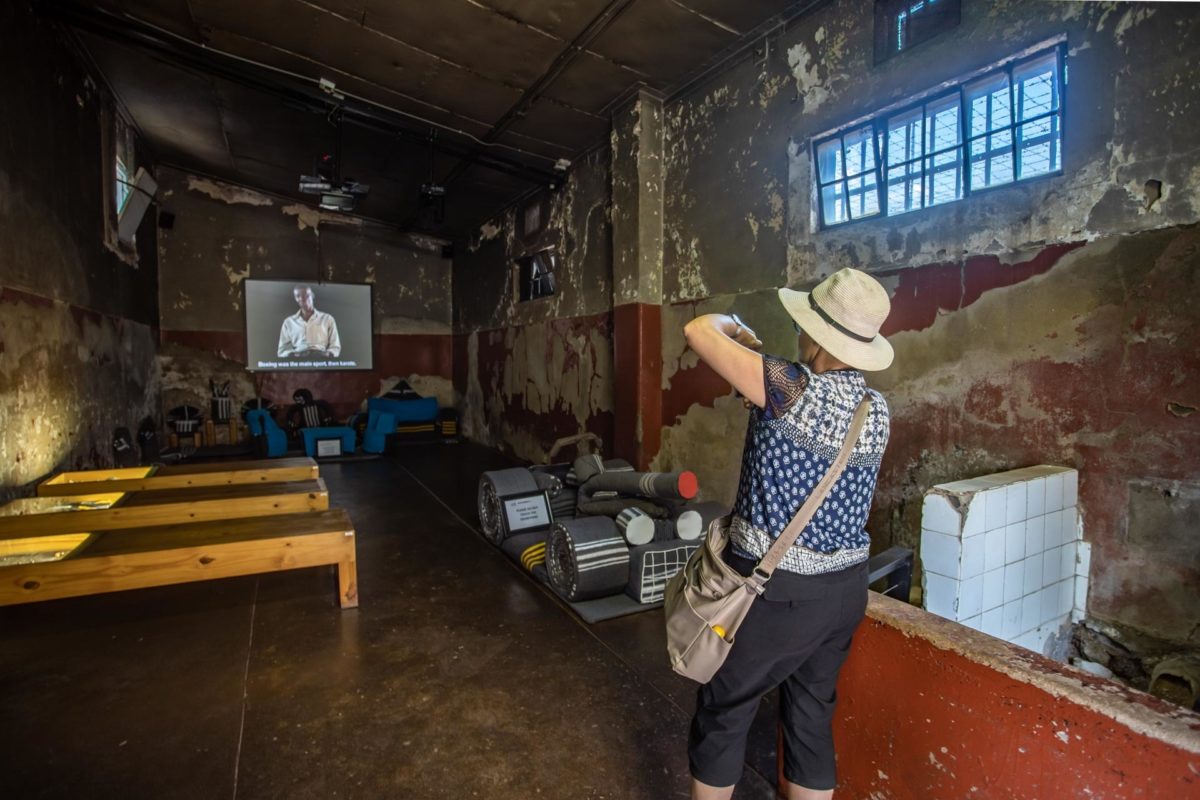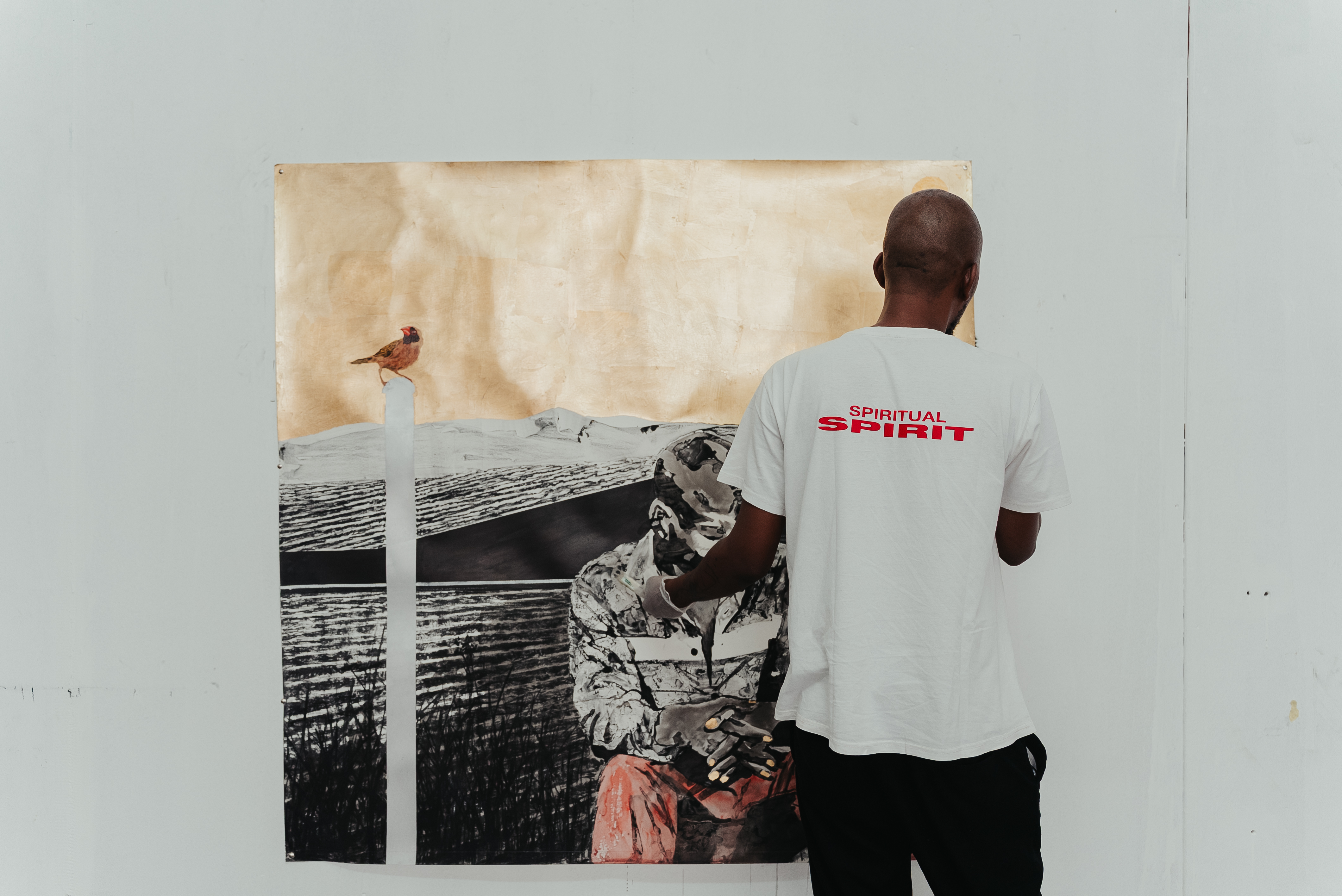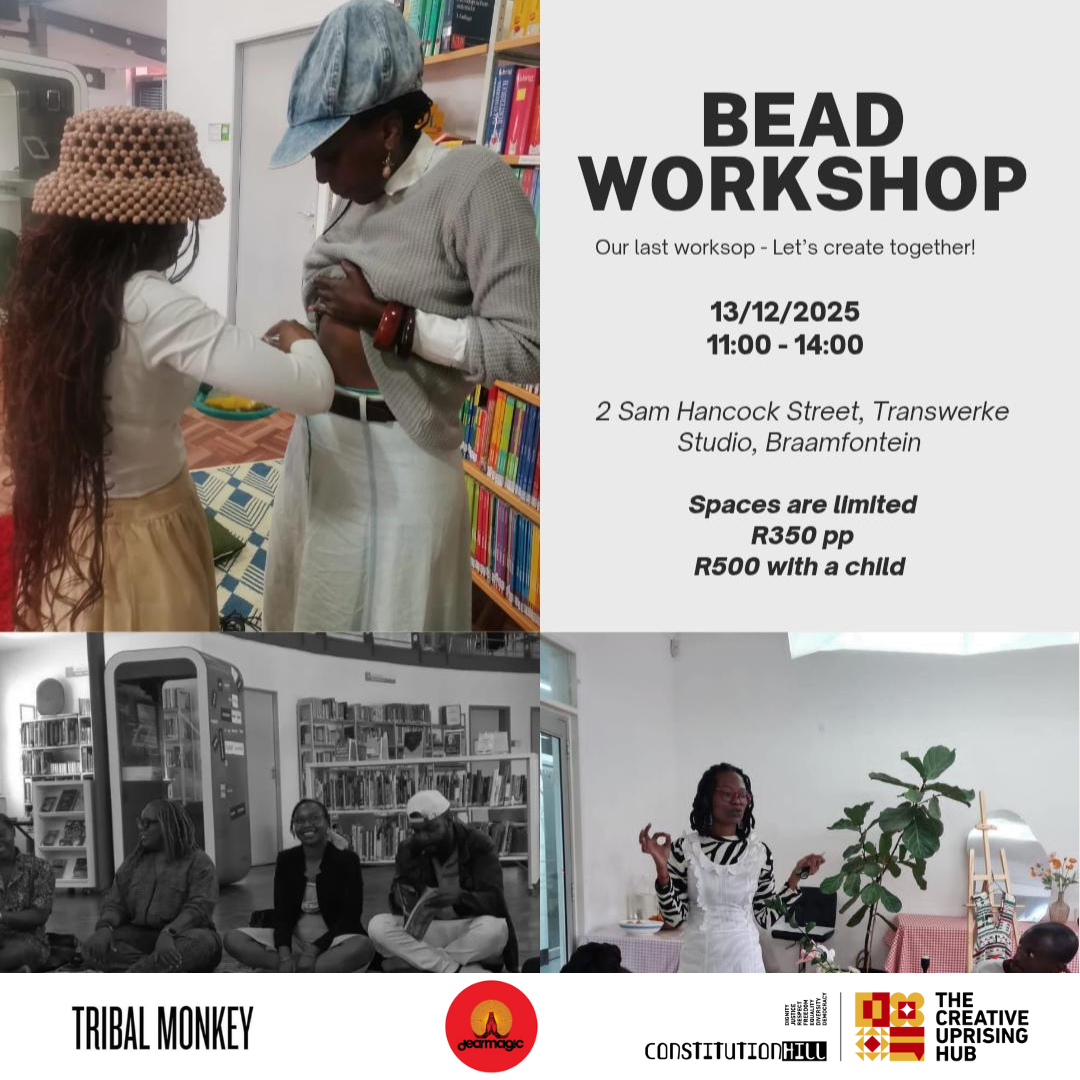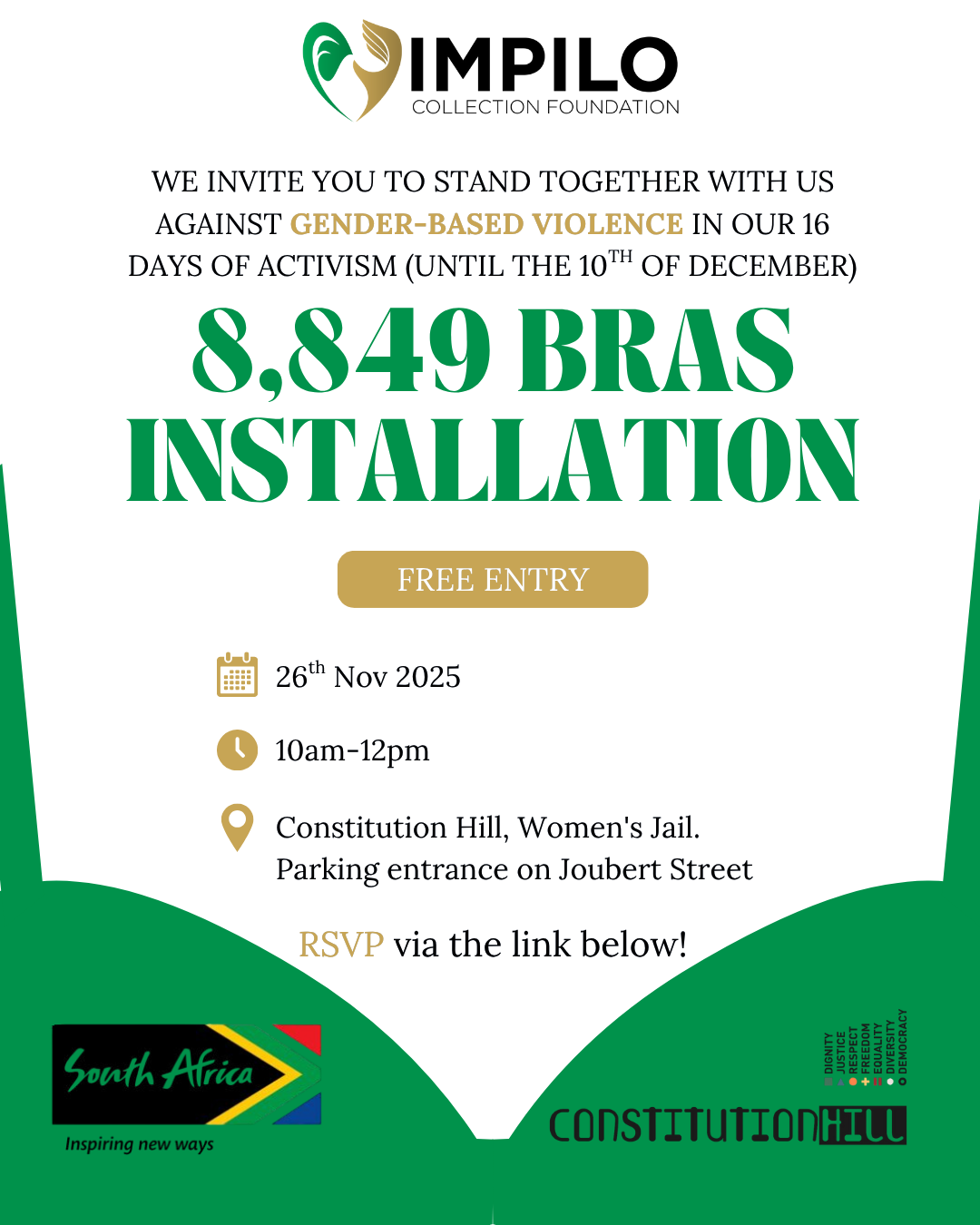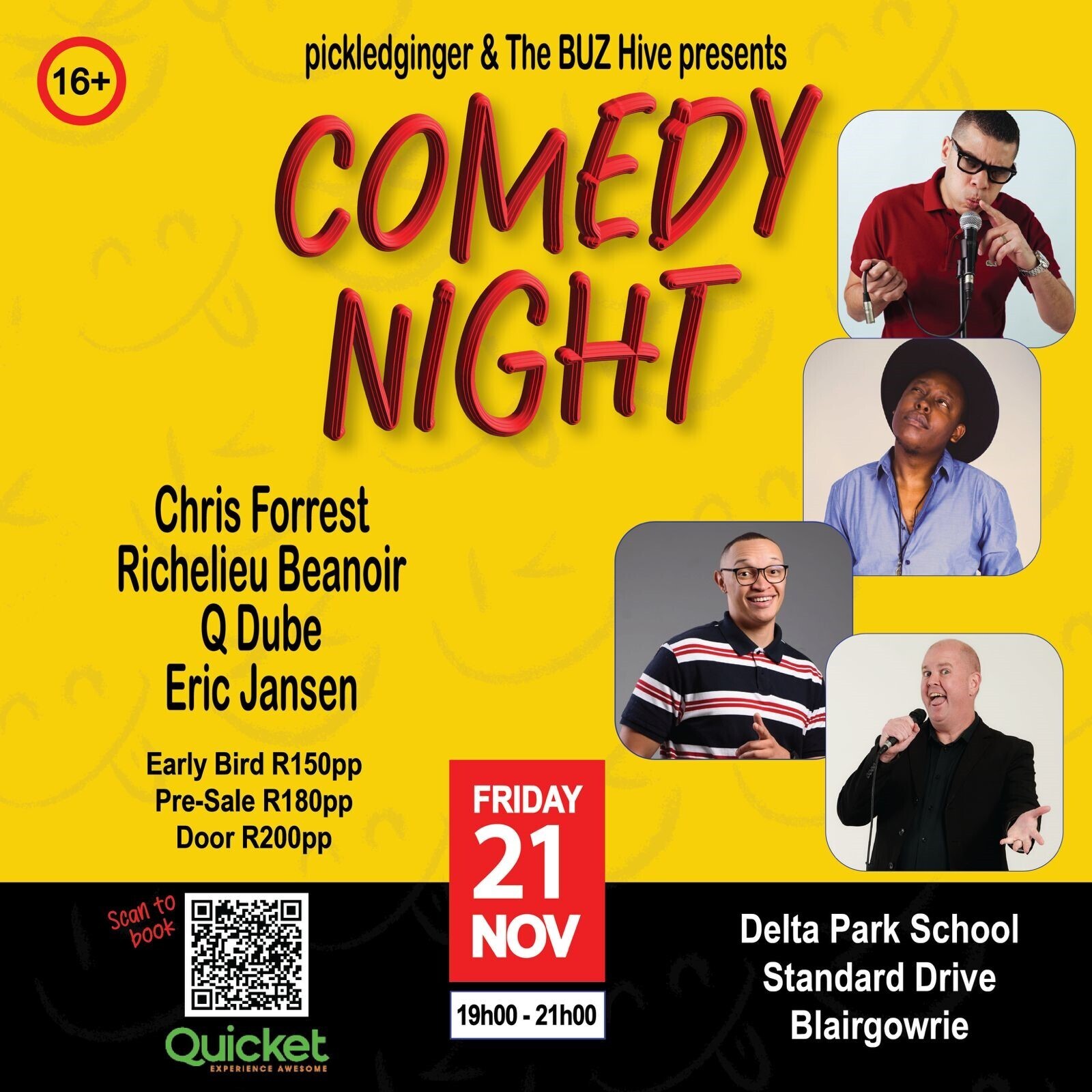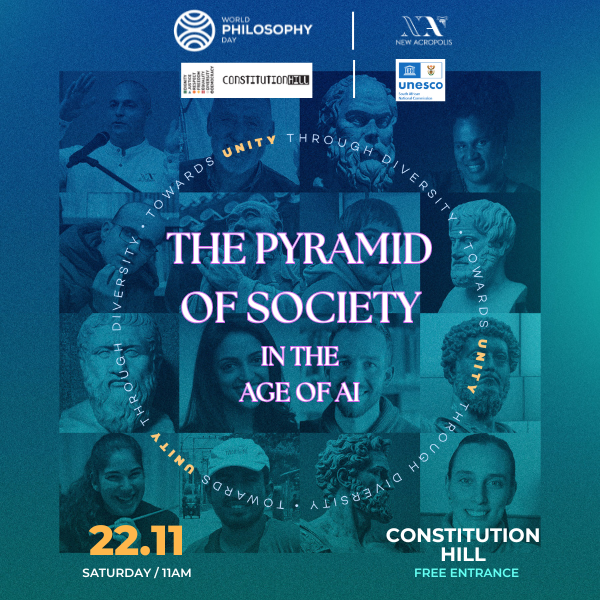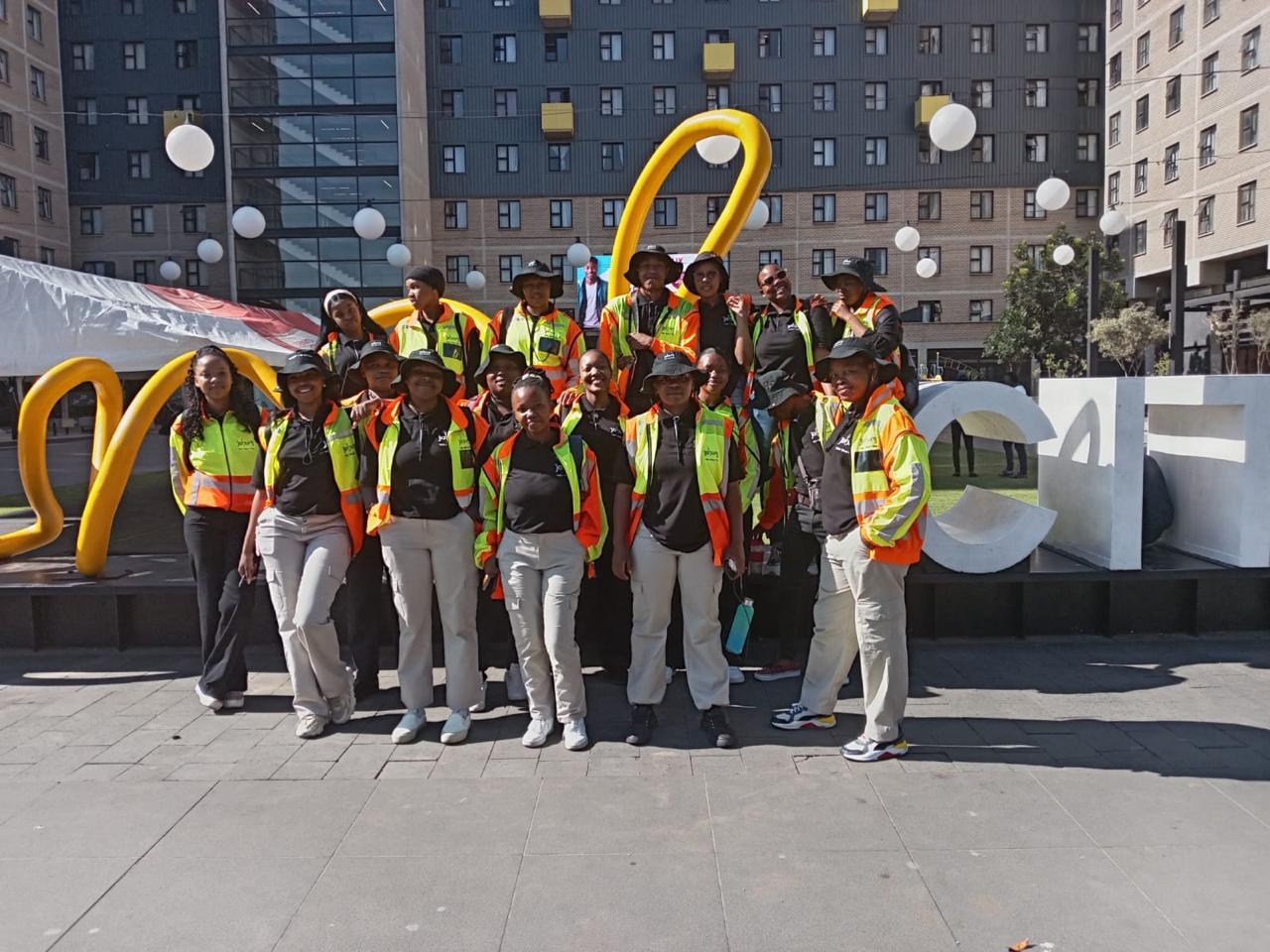Having been praised for one of the greatest and most liberal constitutions in the world, one would think that South Africans, and especially the LGBTIQ+ community, were ungrateful for constantly complaining, marching and protesting.
The problem, or rather the challenge, is that as great and all-encompassing as our rights may be (and they really are), they are not enjoyed by everyone, as the freedoms that are espoused in that beautiful document don’t always trickle down to the man, woman and gender non-conforming (GNC) individual on the street.

Now, we as the Thami Dish Foundation do lots of work on the ground where rights are not really felt and in our research we have identified two key reasons why this is happening. Firstly, we have found that most members of the LGBTIQ+ community do not really know their rights. This is actually true for the entire South African population, as evidenced by the 2018 International Trade Union Confederation Global Rights Index that showed how little South Africans know their rights in the workplace.
Secondly, and perhaps more importantly, is that you cannot legislate FEELINGS! A lot of members of the LGBTIQ+ community report stories of horrific, traumatic incidents that we have endured at the hands of hateful people, who did not necessarily break the law, because hate is not illegal.
Under the Constitution of South Africa, the protection of LGBT rights in South Africa is based on section 9 of the supreme law of the country, which forbids discrimination on the basis of sex, gender or sexual orientation, and applies equally to the government and private parties.
It also goes on to say that LGBT people in South Africa have the same rights as non-LGBT people, but this last fact is not a lived experience. We are constantly asking why LGBT people are not protected in terms of standard human rights and, often, we are told that we are. But if this were true, then there would be no need for separate LGBT rights in the first place.
This sends the wrong message and enforces the belief that we are “less human”, making us more vulnerable.
Those of us who live in rural and peri-urban areas also face daily challenges, having to navigate dangerous, heteronormative spaces, where toxic masculinity and misogyny are the order of the day, for example in the case of transgender women who cannot afford to have gender-affirming surgery and have to catch taxis every day, facing trauma, humiliation and ridicule while performing the simplest, most mundane tasks.
In other instances, butch lesbian women are constantly told they are “trying to be men”, challenged, and even raped.
Then there are civil unions vs “regular” marriages where, often, the first is deemed less valid than the other, especially in terms of spousal rights.
These are some of the examples that inspire and advise the work we do as the Thami Dish Foundation and that force so many others to become activists, because we cannot sit by and watch as basic human rights are trampled and disregarded, all on the basis of who we love and what pronoun we choose to use.
Also, those who do nothing are as guilty as those who commit the crime.
Although implementation is failing us dismally in many areas, we are fortunate to have the constitution backing and validating our existence.
Speaking from a position of privilege, I can see the constitution alive and working in my daily life. Whether I’m catching the Gautrain or buying groceries, I’m constantly confronted by homophobic and transphobic individuals, who serve me with resistance and discontentment. But they serve me nonetheless, because it’s their job, and because the constitution says they should.
There are many more conversations to have but, today, let’s wave our rainbow flags and celebrate the beauty that is the Constitution of South Africa, shouting, “We’re here, we’re queer, get used to it!”
Ditshego Ditshego is head of communications at the Thami Dish Foundation, which supports LGBTIQ+ individuals from disadvantaged communities in South Africa through empowering and affirming solutions in education and social structures.

 +27 11 381 3100
+27 11 381 3100
